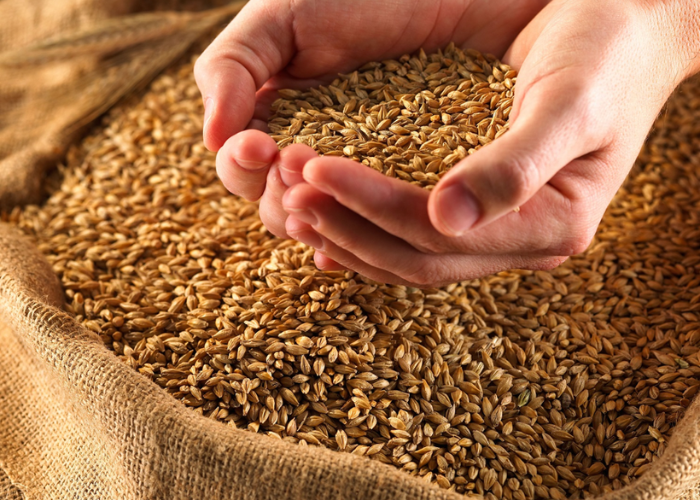Food security: global strategies and technologyBY ANTONIO PICASSO
- 8 November 2022
- Posted by: Competere
- Category: Senza categoria

Cop27 begins. What is the point of holding an event that, before it even begins, is frowned upon by all? But food security, the focus of the Sharm summit, requires bold strategies from the international community. It requires global industrial policies and solutions that also call for artificial intelligence.
AN EVENT OF LITTLE SUBSTANCE
THE PROBLEM EXISTS
With the Russian-Ukrainian war and the resulting wheat and sunflower oil crises, the international community became aware of a phenomenon that had been persisting for a longer period, but which just has surged in the last few months. Agricultural commodity supply chains are unbalanced and exposed to exogenous factors, such as geopolitical escalations and financial speculation. During the pandemic, the FAO denounced the steady rise in prices of commodities, such as grains, meat, soybeans and vegetable oils. For the latter, it recorded an increase of nearly 250 percent over pre-Covid standard levels. Food needs are also energy demands in a world inhabited by just under eight billion people. Calories, indeed, are as essential to the human body as energy sources are to manufacturing. And just as productive forces are paying the price of war, risking closure, humanity is concretely experiencing the danger of starvation. This is why the controversy mounted after the recent provocation on insect meal appears to be futile. The stance, however questionable in timing and complex to metabolize for a country like Italy, should not be taken as a shot fired to start a war. A person’s daily energy intake should be addressed scientifically and realistically. Insect meal is disliked. We agree. But then a viable alternative must be sought. Otherwise, we fall into the same ideological blackmail of “no fuels without ifs and buts.”
